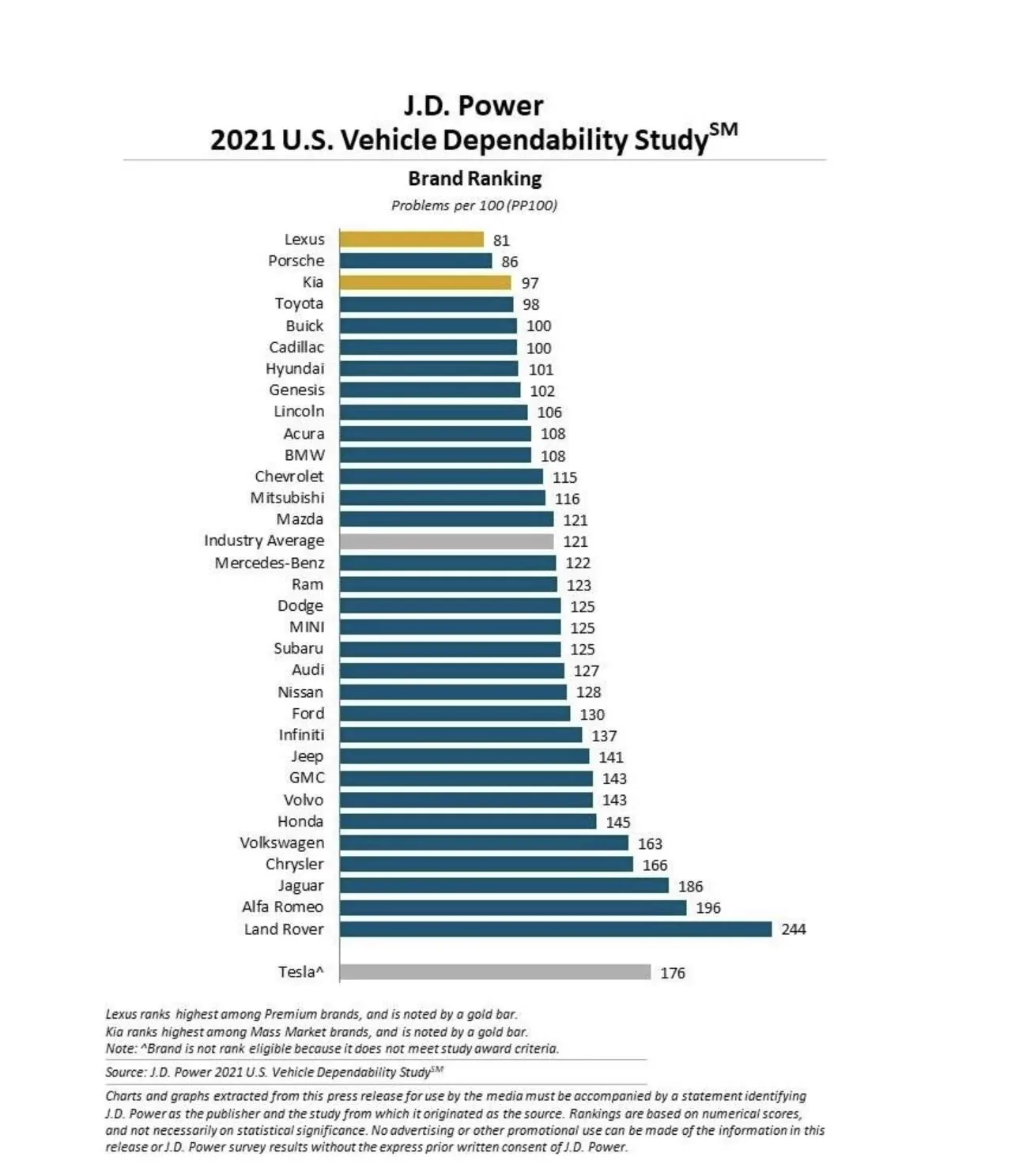IMO this statement applies to any engine.Without keeping up with the maintenance requirements of the EcoBoost engines, 200k without any issues will be a stretch.
Sponsored
IMO this statement applies to any engine.Without keeping up with the maintenance requirements of the EcoBoost engines, 200k without any issues will be a stretch.
1996 Jeep Cherokee with the AMC 4.0L straight six designed in 1957 and converted to fuel injection in 1994 I got 394,000 miles with NO engine repairs at all. @394k the rear main let go.Taking an American car to 200K can be done, but it’s not going to happen without a lot of repairs.
Your best bet would’ve been a Honda or Toyota.
correct, you’re “just saying” anecdotal evidence.1996 Jeep Cherokee with the AMC 4.0L straight six designed in 1957 and converted to fuel injection in 1994 I got 394,000 miles with NO engine repairs at all. @394k the rear main let go.
My current beater is a 2004 Ford Escape 3.0L V-6 with 207,000 miles on the clock. NO engine repairs, runs so smooth.
2013 Ford F-150 3.7L V-6 Sold to a friend at 167,000 miles. Last time I asked he is at 280,000 and not a single engine problem.
My Brother put 340,000 on his Ford Ranger 4 Banger before he sold it, again no engines issues,,,
Just sayin.

Interesting Ford and Lincoln are significantly different considering (I believe) they use the same drivetrains.correct, you’re “just saying” anecdotal evidence.

And it's also interesting to see where Honda is. And that graph proves nothing about getting 200K miles out of a Ford without major maintenance, particularly the 1.5L which is the topic of this thread.Interesting Ford and Lincoln are significantly different considering (I believe) they use the same drivetrains.
Something seems fishy with that graph.
Yeah hang around forums for late model Hondas ppl are reporting a lot of messed up stuff. But Honda dont care ppl will buy Hondas no matter what so Honda dont need to do anything. Honda resale still crazy high tooAnd it's also interesting to see where Honda is. And that graph proves nothing about getting 200K miles out of a Ford without major maintenance, particularly the 1.5L which is the topic of this thread.
There's really no need to idle the engine longer than necessary to ensure oil is distributed throughout--about 30-60 seconds or so. Beyond that, it's a good idea to limit power demand (how hard you step on the accelerator pedal) until the engine approaches operating temperature. As long as you're not hot-rodding it, there no reason you can't drive the car while the engine warms up.i always allow a good warm up and run down before driving or turning the vehicle off (i dont know if any of you remember turbo timers lol). simple thing like this can go a long long ways.
i guess just my old school mentality. i prefer giving the engine and fluids time to move around, especially in our cold a$$ climate. it just makes me feel warm and fuzzy inside.There's really no need to idle the engine longer than necessary to ensure oil is distributed throughout--about 30-60 seconds or so. Beyond that, it's a good idea to limit power demand (how hard you step on the accelerator pedal) until the engine approaches operating temperature. As long as you're not hot-rodding it, there no reason you can't drive the car while the engine warms up.
A cool-down period prior to shutting off the engine used to be necessary with old-style, oil-cooled turbochargers. If the turbine bearings were hot enough they cooked the lubricating oil left on them after shut down, leaving behind a sticky, gritty residue. This process is called coking, and would eventually destroy the turbine bearings. A cool-down period allowed oil to continue flowing around the bearings until they cooled enough to prevent coking.
This isn't an issue with newer turbocharged engines because newer turbochargers, including the one in your engine, are water cooled. Water cooling allows much more effective cooling of turbine bearings, obviating the need for a cool down period prior to shutting the engine off.
My wife"s '86 SVO has water cooled turbo charger. So those have been around for decades.This isn't an issue with newer turbocharged engines because newer turbochargers, including the one in your engine, are water cooled. Water cooling allows much more effective cooling of turbine bearings, obviating the need for a cool down period prior to shutting the engine off.
I remember when those first hit production; it was a big deal! The mid-80s is about when water cooling for turbochargers became the norm. Unfortunately, they still didn't have very good electro-mechanical controls, so everything was strictly mechanical. Component failures were common, and sometimes resulted in catastrophic engine failures, which left consumers with justified concerns about turbocharged engine reliability. Today's computer instrumentation and control make those kind of events rare--at least as long as people leave the software alone.My wife"s '86 SVO has water cooled turbo charger. So those have been around for decades.
I get it. Some habits are hard to break. It might help to know you could be causing long-term harm by excessive cold idling. Here' some reading on the subject:i guess just my old school mentality. i prefer giving the engine and fluids time to move around, especially in our cold a$$ climate. it just makes me feel warm and fuzzy inside.